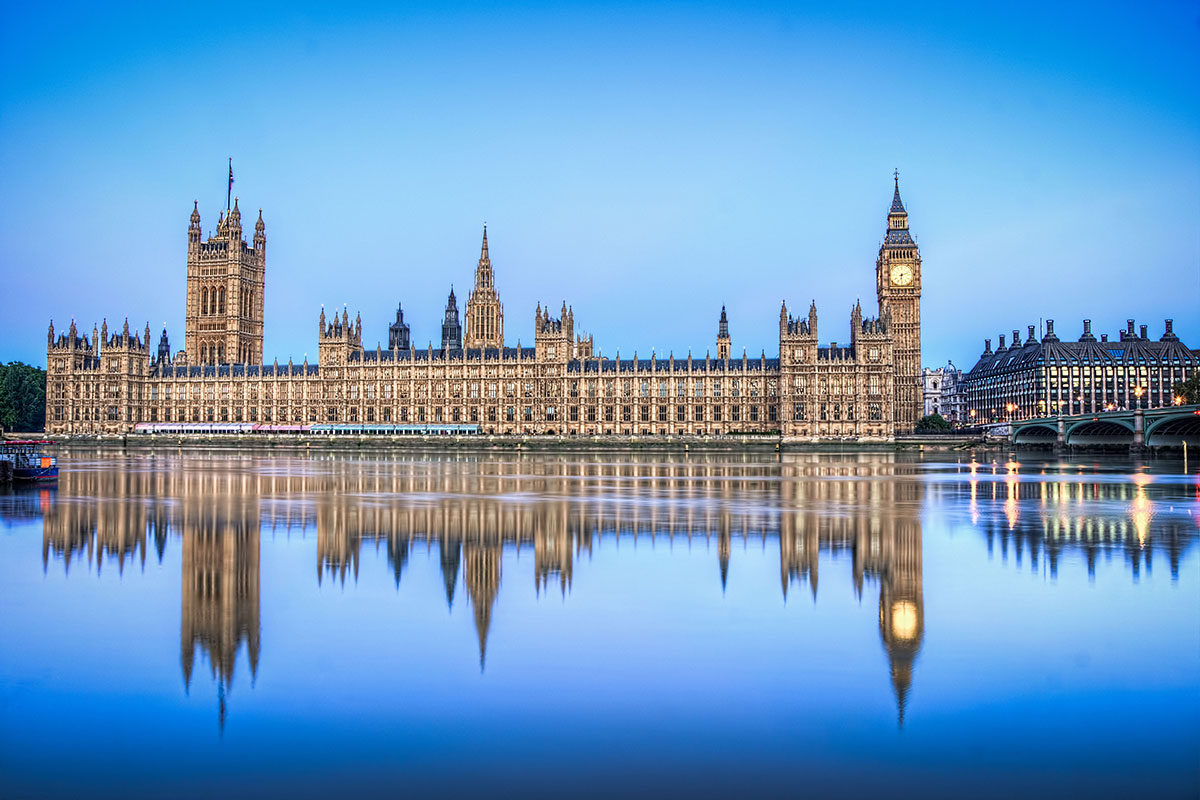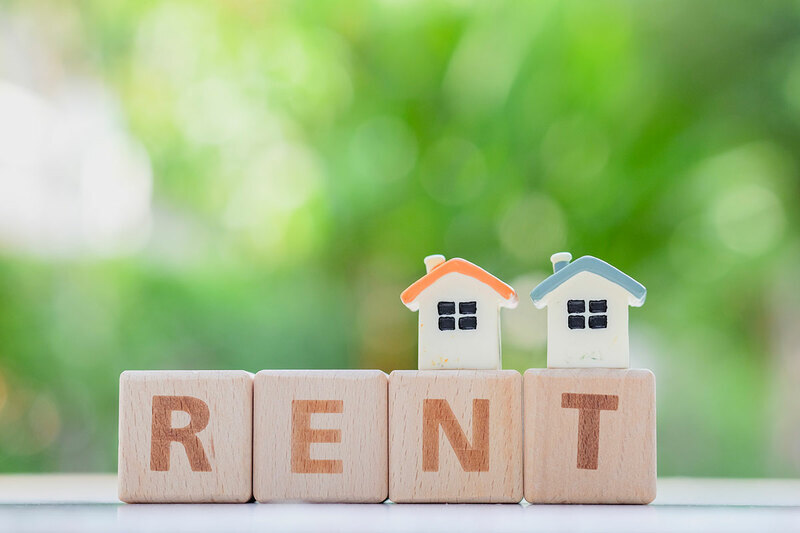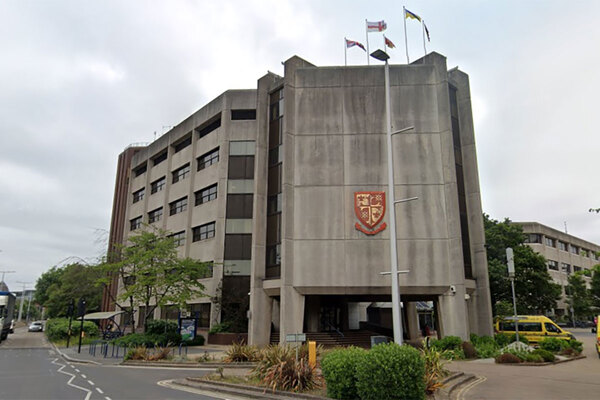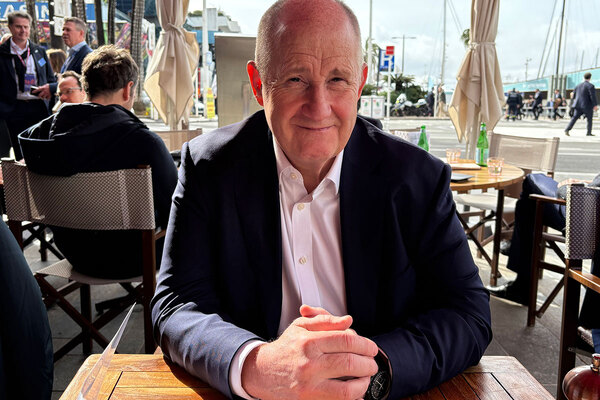Government outlines three options for social housing rent cap next year
The government will consult on capping rent rises in social housing at either 3%, 5% or 7% next year as it moves to protect residents from soaring inflation.
Under a rent settlement agreed in 2017, the government had said social housing providers would be allowed to increase rents by a maximum of the consumer price index of inflation plus 1% every year between 2020 and 2025.
But with inflation soaring to more than 10%, the settlement could have resulted in 11% rent rises - which social housing tenants would have struggled to pay and could have sent the housing benefit bill soaring.
As a result, the government will publish a consultation today which will propose three options for a cap on rent rises: either 3%, 5% or 7%.
While a cap will protect social tenants from soaring rents, it would also limit the income of housing providers at a time when the cost of providing their services is rising at above inflation.
In a joint statement responding to the plans, the Local Government Association and National Housing Federation said they were “very concerned that a new cap on social housing rent increases will significantly impact on housing providers’ ability to provide critical services for residents and invest in new and existing homes”.
The statement called for additional funding to fill any gaps left by the cap.
The initial cap being put forward by the government would come into effect from 1 April 2023 to 31 March 2024, but the consultation also seeks views on whether to set a limit for 2024-25. The consultation will close on 12 October.
The government said that its proposed cap will save tenants an average of £300 per year and provide stability as inflation rises.
Inside Housing understands that shared ownership rents - which can rise at the retail price index of inflation plus 0.5% - will not be included in the cap.
The consultation comes after the National Housing Federation (NHF) published new research last week that revealed how new homes and repair and maintenance costs are all rising above inflation.
Housing providers currently face escalating construction and maintenance costs, as well as substantial bills to repair fire safety defects and decarbonise their housing stock.
It is understood that behind the scenes, the government has accepted the NHF’s analysis of the cost pressures that housing providers are facing and that it is looking to work with the sector on potential solutions.
Following the consultation, a final decision will be announced later this year, to make sure landlords have enough time to factor this into their rent decisions for April 2023.
Housing secretary Greg Clark said: “We must protect the most vulnerable households in these exceptional circumstances during the year ahead. Putting a cap on rent increases for social tenants offers security and stability to families across England.
“We know many people are worried about the months ahead. We want to hear from landlords and social tenants on how we can make this work and support the people that need it most.”
The government is also committing to a review of its social rent policy beyond 2025, with a separate consultation due to be launched next year.
In a joint statement, James Jamieson, chair of the Local Government Association and Kate Henderson, chief executive of the National Housing Federation, said: “Councils and not-for-profit housing associations are very concerned about the impact rising living costs are having on social housing residents.
“Housing providers have been carefully considering their approach to next year’s rents and will do all they can to keep increases low where possible. Working with partners, councils and housing associations will continue to do what they can to protect people from hardship, targeting help at people facing the most complex and acute challenges.
“We are glad to have the opportunity to respond to the government’s consultation and will be talking to members over the coming weeks before responding in more detail.
“However, we are very concerned that a new cap on social housing rent increases will significantly impact on housing providers’ ability to provide critical services for residents and invest in new and existing homes.
“Decisions on the level of rent increases for tenants need to be made by housing providers within the existing government rent policy commitment, ensuring that there is a careful balance between affordability for tenants and investment in the homes that they live in.
“If the government does take forward a lower cap, then it should provide additional funding for 2023/24 and for future years so that housing providers can continue to safeguard services and meet the country’s future housing needs.”
Sign up for our daily newsletter
Already have an account? Click here to manage your newsletters












